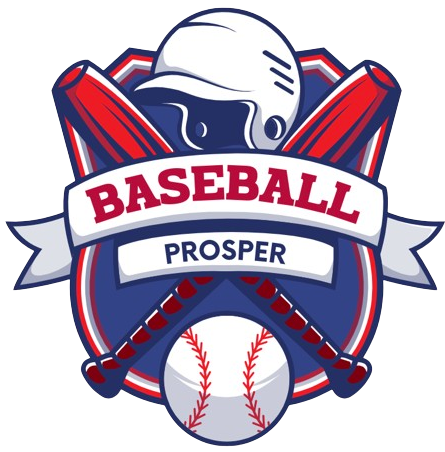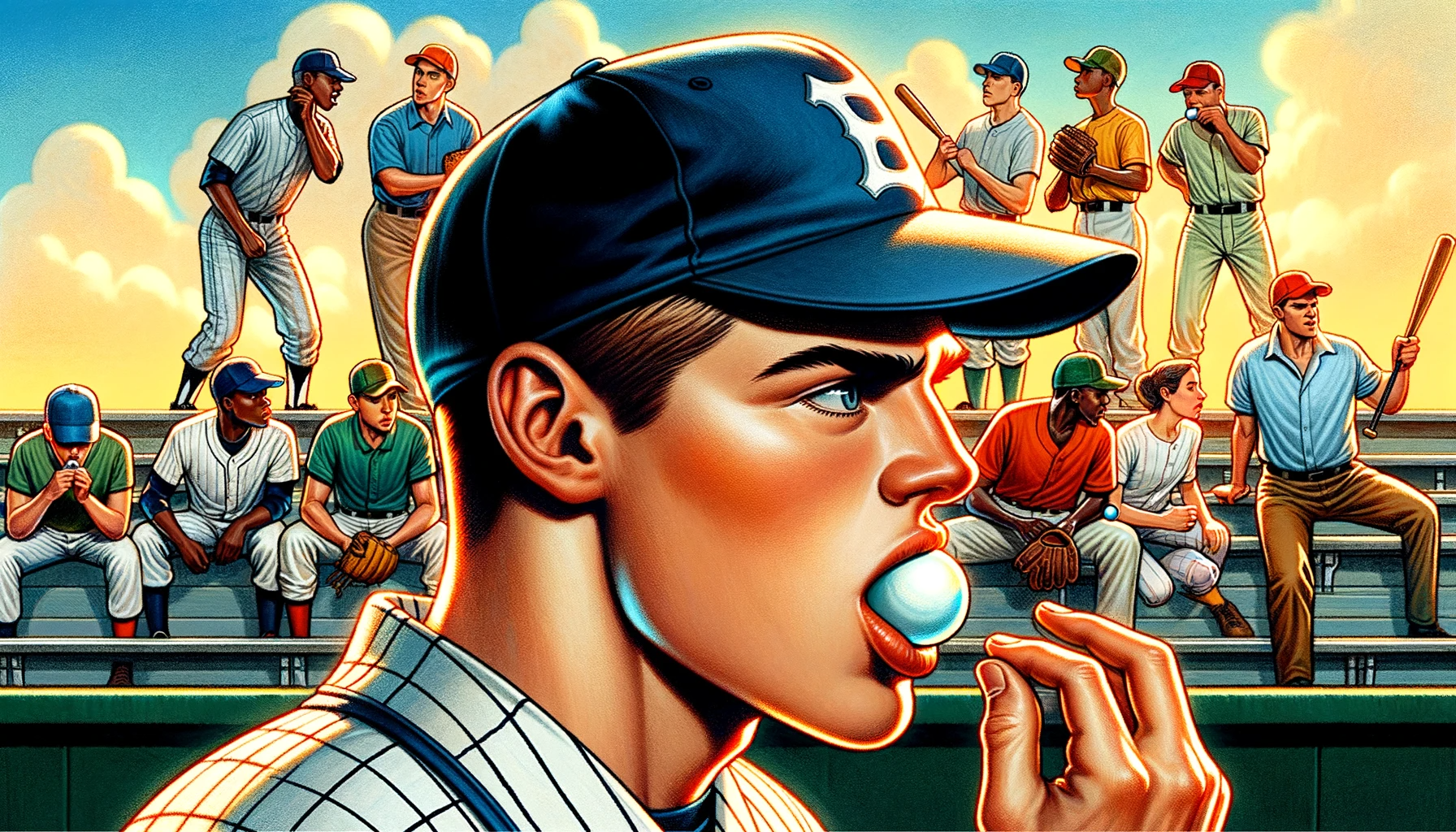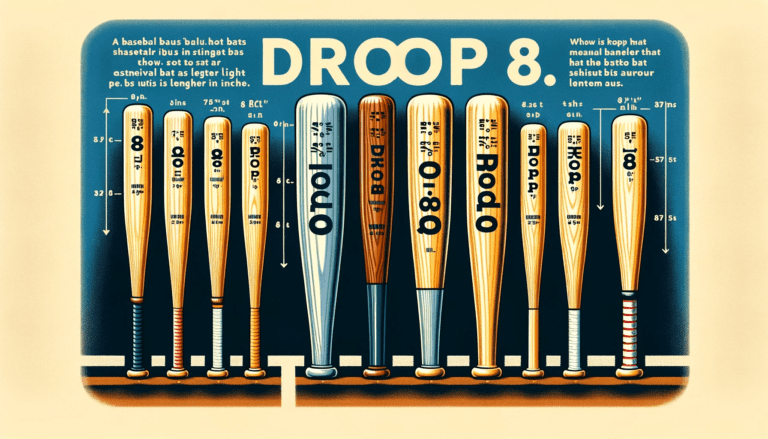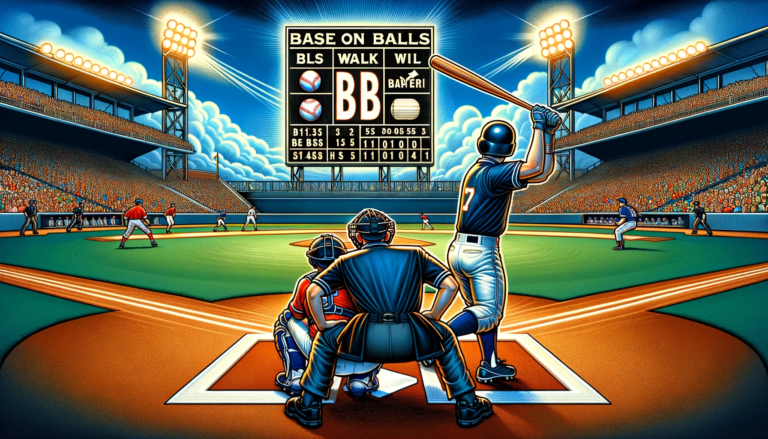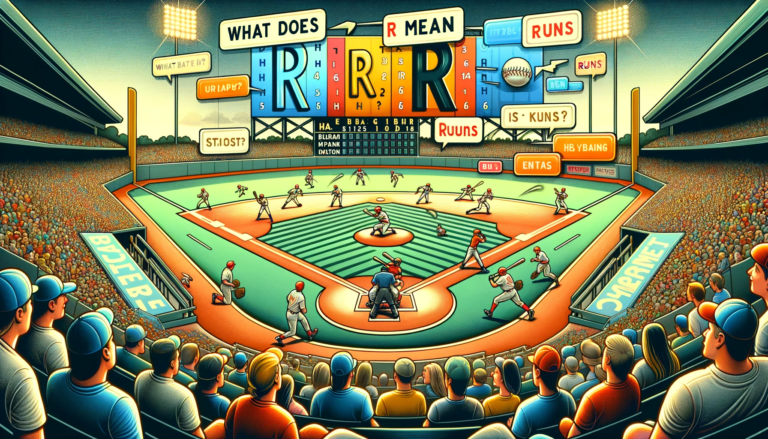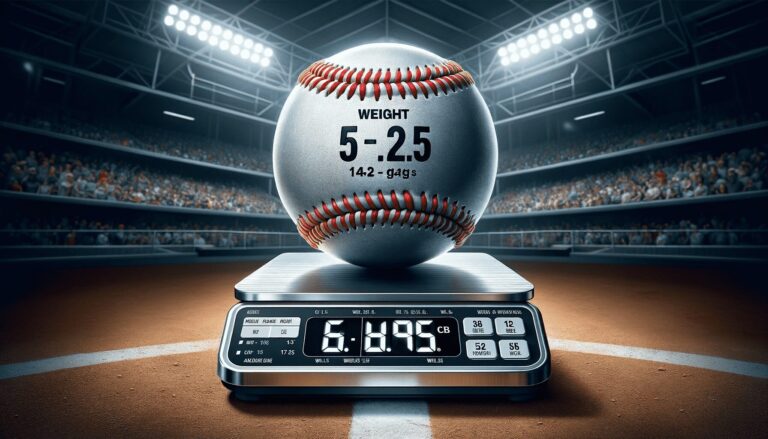Why Do Baseball Players Chew Gum?
Chewing gum helps players manage stress and stay focused during the intense moments of a game. The constant chewing motion can also keep players’ mouths from getting dry due to nervousness or outdoor conditions.
Without gum, players might find it harder to maintain concentration and manage their game-time anxiety. Dry mouth could also affect their comfort and performance.
By chewing gum, players can stay relaxed, keep their mouths moist, and focus better on their performance, ultimately helping them play their best.
Key Takeaways
- Gum chewing in baseball has deep historical roots and serves as a symbol of the sport’s culture, reflecting both tradition and social dynamics on the field.
- Chewing gum can impact oral health, nutrition, and potentially aid in maintaining hydration and focus, contributing to players’ performance and well-being.
- Psychologically, gum chewing offers stress relief and concentration benefits, and socially, it acts as a team ritual and a safer alternative to other substance use.
- It’s important to navigate the risks and misconceptions of gum chewing, understand its potential for overuse injuries, and distinguish habit from addiction.
- The tradition of gum chewing in baseball is evolving with innovations in sports nutrition and shifting attitudes towards health, ensuring its legacy for future athletes.
The Cultural Phenomenon of Gum Chewing in Baseball
Historical Roots of the Habit
The tradition of chewing gum in baseball has roots that intertwine with the sport’s very fabric.
It all started with chewing tobacco, a practice that was prevalent among players seeking to keep their mouths moist during games.
The shift from chewing tobacco back to gum was driven by a combination of health concerns and the desire for a more socially acceptable habit on the field.
- Early baseball players chewed tobacco to generate spit, aiding in keeping their mouth and gloves moist.
- The transition to gum began as awareness of tobacco’s health risks grew.
- Gum offered a convenient and less harmful alternative, maintaining the ritual without the negative effects of tobacco.
This utilitarian origin has evolved, and gum chewing has become an iconic part of the baseball culture, enjoyed by players and fans in minor leagues alike.
Gum as a Symbol in the Sports World
In the realm of sports, chewing gum has transcended its role as a mere oral fixation to become a potent symbol of focus and tradition.
Athletes across various disciplines have adopted gum chewing, not just for its sensory benefits, but as a part of their pre-game rituals and in-game concentration strategies.
- Johan Cruyff, the legendary Dutch footballer, famously chewed gum during matches, a habit that fans and commentators alike saw as an integral part of his on-field persona.
- In baseball, the sight of players methodically chewing gum is as much a part of the game’s imagery as the crack of the bat or the cheer of the crowd. It’s a shared practice that unites players, creating a sense of camaraderie and collective focus.
The act of chewing gum has also been seen as a way to maintain a sense of normalcy and control in the high-pressure environment of professional sports.
It’s a small, personal ritual that can provide a comforting sense of routine amidst the chaos of competition.
The Social Dynamics of Chewing Gum on the Field
On the baseball field, the act of chewing gum extends beyond personal habit and enters the realm of social interaction.
Players often share gum as a gesture of camaraderie, reinforcing bonds and fostering a sense of unity within the team.
This simple act can serve as an icebreaker for new team members or as a way to maintain morale during tense moments in a game.
The dynamics of gum chewing also play a role in non-verbal communication between players. A subtle offer of gum can signal trust and acceptance, while the act itself can be a way to relieve collective tension.
Here are some key points to consider about the social aspects of gum chewing in baseball:
- It acts as a social lubricant, easing interactions among teammates.
- Chewing gum can be a shared ritual that enhances team spirit.
- It may serve as a non-threatening way to approach and bond with fellow players.
Read Also: Why is Softball Harder than Baseball
Health and Performance Considerations
Gum Chewing and Oral Health
The act of chewing gum is often seen as a benign habit, especially within the baseball community. However, when it comes to oral health, the implications can be significant.
Chewing gum can have both positive and negative effects on dental well-being.
On one hand, sugar-free gum can stimulate saliva production, which helps to neutralize and wash away acids produced by bacteria in plaque, thus protecting against tooth decay.
On the other hand, sugary gums can contribute to cavity formation.
Key considerations for players and health professionals include:
- The type of gum chosen (sugar-free versus sugary)
- The duration and frequency of chewing
- The potential for developing jaw-related issues from excessive chewing
It’s important for players to be aware of these factors and choose their gum wisely to maintain optimal oral health.
Regular dental check-ups are also crucial to address any issues that may arise from this common on-field habit.
Nutritional Impacts of Chewing Gum
While the act of chewing gum is often seen as a mere habit, it can have various nutritional impacts on baseball players.
For instance, gum often contains sugars or sugar substitutes, which can contribute to energy levels but may also affect dental health.
- Sugar-free gum can stimulate saliva production, aiding in digestion and potentially reducing the risk of cavities.
- Caffeinated gum provides an alternative source of caffeine, which studies indicate can improve performance.
- Chewing gum may also help manage cravings and control snack intake, contributing to better weight management.
However, it’s important to consider the type of gum and its ingredients, as some may have unintended health consequences.
Moderation is key, as excessive consumption could lead to gastrointestinal distress or an imbalance in electrolyte levels.
The Role of Gum in Maintaining Hydration and Focus
While the act of chewing gum during a game might seem trivial, it serves a practical purpose beyond mere habit.
Chewing gum can help players manage their hydration levels, a critical aspect of sports performance.
Players often personalize their hydration strategies, but a common approach includes consuming fluids before and during the game at regular intervals.
In addition to hydration, gum chewing is a cognitive tool. It’s a simple action that can lead to improved concentration and mental clarity.
This is particularly useful in a sport like baseball, where moments of high focus are interspersed with periods of waiting.
The rhythmic act of chewing can help athletes maintain a state of readiness and mental edge throughout the innings.
- Maintain a consistent hydration plan
- Use gum chewing as a focus aid
- Personalize strategies for optimal performance
See Also: Why is Baseball So Boring
Psychological and Social Factors
Stress Relief and Concentration Benefits
The intense atmosphere of a baseball game demands high levels of concentration and can induce significant stress among players.
Chewing gum has emerged as a simple yet effective tool for stress relief and maintaining focus on the field.
The repetitive motion of chewing is thought to have a calming effect on the nerves, potentially reducing anxiety and sharpening mental alertness.
Several techniques are commonly employed by athletes to manage stress, including:
- Humor to maintain perspective
- Physical activity as a natural stress reliever
- Focusing on controllable aspects of the game
In addition to these strategies, the act of chewing gum can stimulate neural activity, leading to improved concentration and attention span during tasks requiring mental effort.
This practice aligns with other relaxation techniques such as mindfulness meditation and progressive muscle relaxation, which are also utilized by athletes to enhance their mental well-being.
Gum Chewing as a Team Ritual
In the world of baseball, gum chewing has evolved into a collective ritual that transcends individual preference.
It’s not uncommon to see players, coaches, and even umpires partaking in this sticky tradition during games.
The act of chewing gum can serve as a unifying activity, fostering a sense of camaraderie and shared focus among team members.
- The synchronized timing of gum chewing with specific plays or moments in the game can enhance team coordination.
- It often becomes a part of pre-game preparations, aligning with the belief that maintaining certain routines can lead to better performance.
- Gum can also act as a non-verbal signal, conveying messages or strategies between players without alerting the opposition.
This shared habit underscores the importance of rituals in sports, where mental preparation and team unity are as crucial as physical prowess.
It’s a subtle yet powerful tool in the pitcher and arsenal of team dynamics, one that can influence the atmosphere in the dugout and on the field.
Addressing Substance Use: A Safer Alternative?
The intersection of sports and substance use has long been a topic of concern, with athletes sometimes turning to alcohol, tobacco, or other drugs to manage the pressures of competition.
Chewing gum has emerged as a benign alternative, offering a way to occupy the mouth and mind without the harmful effects associated with substance use.
- Chewing tobacco, once a common sight in baseball, has been largely replaced by gum, reducing the risk of oral cancers and other health issues.
- Gum provides a simple, repetitive activity that can help manage stress and anxiety, which are often triggers for substance use.
- By substituting gum for more harmful substances, players can maintain the ritual of chewing without the negative consequences.
The shift from hazardous habits to chewing gum reflects a broader movement in sports toward healthier practices.
It’s a change that not only benefits the individual athlete but also sets a positive example for fans and upcoming players alike.
Read Also: Why Does Chicago Have Two Baseball Teams
Navigating the Risks and Misconceptions
Debunking Myths Around Chewing Gum and Performance
The relationship between chewing gum and athletic performance is often shrouded in anecdotal evidence and misconceptions.
Bold claims about gum’s ability to enhance physical abilities warrant a closer examination.
Research has yet to conclusively link gum chewing with significant improvements in strength, power, or endurance sports performance.
Several myths persist in the sports world regarding the benefits of chewing gum during competition:
- Some believe that gum chewing can directly increase physical strength or power.
- Others argue that it aids in endurance by somehow enhancing respiratory function.
- A common misconception is that gum can replace positive self-talk or mental preparation strategies.
In reality, the benefits of gum chewing are more likely to be psychological, providing a routine or placebo effect rather than a physiological boost to performance.
It’s important for athletes and coaches to recognize the distinction between a comforting habit and a performance-enhancing tactic.
Understanding the Potential for Overuse Injuries
While the act of chewing gum might seem innocuous, it’s important to recognize that repetitive motions, even as simple as chewing, can lead to overuse injuries.
Overuse injuries in the jaw and temporomandibular joint (TMJ) are potential risks for players who may chew tobacco or gum excessively.
These injuries can manifest as pain, dysfunction, and long-term damage to the joint and muscles involved in chewing.
- Awareness of the signs of overuse, such as persistent jaw pain or headaches, is crucial for prevention.
- Early intervention and seeking medical advice can mitigate the severity of these injuries.
- Implementing rest periods and alternating chewing sides may help reduce the risk.
Understanding the body’s limits and the importance of moderation is key to maintaining oral health while enjoying the benefits of gum chewing.
Coaches and medical staff should educate players on the potential risks and encourage practices that minimize the likelihood of injury.
The Balance Between Habit and Addiction
The line between a benign habit and a harmful addiction can be as thin as the bubble gum can wrapper itself.
Chewing gum in baseball, much like any other repetitive behavior, carries the risk of turning into an addictive pattern if not approached with mindfulness.
Players may start chewing gum for various reasons, such as to keep their mouth moist or to maintain focus during long games alone, but it’s crucial to recognize when this habit becomes a compulsion.
- Awareness is the first step in preventing the slide from habit to addiction. Players should regularly assess their chewing habits and motivations.
- Moderation is key; relying too heavily on gum to enhance performance or alleviate stress can be a warning sign.
- Alternatives such as brief relaxation exercises or healthy snacking can provide similar benefits without the risk of dependency.
Understanding the psychological underpinnings of gum chewing is essential. It’s not just about the physical act but also the mental reliance that can develop over time.
By fostering a culture that promotes balance and healthy habits, the baseball player and community can ensure that this tradition remains a positive aspect of the sport.
Conclusion
In serious league baseball, it’s common to see players chewing gum, just like hearing bats hit balls or fans cheering.
This article talks about why chewing gum is so popular among players. Chewing gum helps players feel less stressed and stay focused. It also keeps their mouths moist and helps their teeth stay healthy.
For athletes, chewing gum is not just for fun; it’s a smart choice that fits with other healthy habits they follow, like eating right and taking care of their mental health.
While it might look like a small thing to people watching, for many players, it’s an important part of their routine on game days and helps them stay well.
As we’ve looked into this habit, it’s clear that even something simple like gum can be important in the intense world of professional sports.
Frequently Asked Questions
Why do baseball players chew gum?
Baseball players chew gum for various reasons including stress relief, maintaining focus, keeping their mouth hydrated during play, and as a substitute for smoking cigarettes and tobacco products.
Is chewing gum while playing baseball beneficial for an athlete’s performance?
Some athletes believe that chewing gum helps with concentration and stress relief, which could indirectly benefit performance. However, there is limited scientific evidence to support a direct performance enhancement.
Can chewing gum have negative effects on a baseball player’s health?
Excessive gum chewing can potentially lead to dental issues and jaw problems. Athletes need to maintain good oral hygiene and limit gum chewing to avoid such risks.
How has gum chewing in baseball evolved as a cultural phenomenon?
Gum chewing in baseball has roots in the sport’s history as a replacement for tobacco and has become a symbol of the laid-back nature of the game, as well as a social activity among players.
Are there any innovative gum products designed specifically for athletes?
Yes, there are gum products that contain electrolytes, vitamins, and other supplements aimed at supporting athletes’ nutritional needs and performance.
Has gum chewing been linked to any substance use issues in baseball?
Gum chewing has been used as a healthier alternative to tobacco and other substances in baseball, helping players manage cravings and reduce the risk of substance use.
